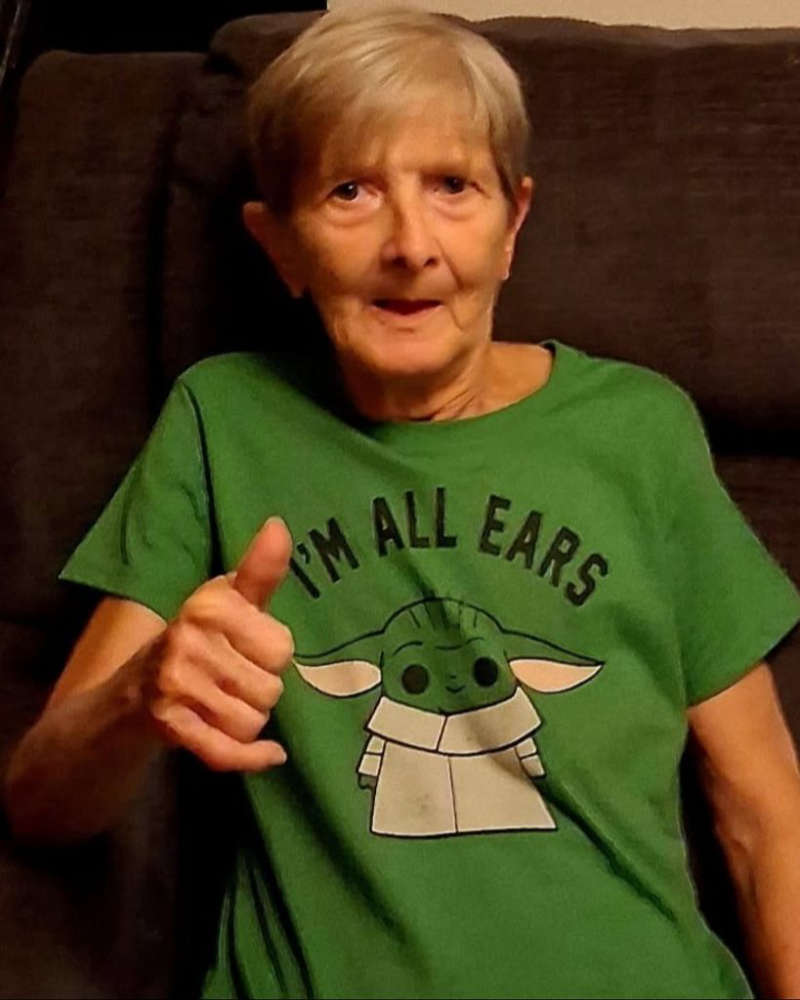
U.S. Senators Todd Young (R-Ind.), Ted Cruz (R-Texas), and Amy Klobuchar (D-Minn.) reintroduced the TAKE IT DOWN Act, legislation that would criminalize the publication of non-consensual, sexually exploitative images—including AI-generated deepfakes—and require platforms to remove images within 48 hours of notice.
“We are increasingly seeing instances where generative AI is used to create exploitative images of an individual based on a clothed image,” said Senator Young. “This bipartisan bill builds on existing federal law to protect Americans, particularly young women, from harmful deepfakes and establishes a requirement for websites to take down this type of explicit and disturbing material. This is a sensible step to protect Americans and establish appropriate guardrails.”
“There’s too many predators out there who are abusing new technologies like generative artificial intelligence to spread fake and exploitative sexual images online, particularly against young girls and teenagers. The TAKE IT DOWN Act is a common-sense solution that empowers victims of this heinous crime. As Chairman of the Senate Commerce Committee, it is one of my top priorities to protect Americans from this devious act and ensure Big Tech does not remain complicit,” said Senator Cruz.
“We must provide victims of online abuse with the legal protections they need when intimate images are shared without their consent, especially now that deepfakes are creating horrifying new opportunities for abuse,” said Senator Klobuchar. “This bipartisan legislation builds on my work to ensure that victims can have this material removed from social media platforms and law enforcement can hold perpetrators accountable.”
The TAKE IT DOWN Act unanimously passed the Senate Commerce Committee and the Senate during the last session of Congress. The bill has also received widespread support from over 100 organizations, including victim advocacy groups, law enforcement, and tech industry leaders.
U.S. Representatives Maria Elvira Salazar (R-FL-27) and Madeleine Dean (D-PA-4) are leading this effort in the House of Representatives.
Background:
While nearly every state has a law protecting people from non-consensual intimate imagery (NCII), including 30 states with laws explicitly covering sexual deepfakes, these state laws vary in classification of crime and penalty and have uneven criminal prosecution. Further, victims struggle to have images depicting them removed from websites, increasing the likelihood the images are continuously spread and victims are retraumatized.
In 2022, Congress passed legislation creating a civil cause of action for victims to sue individuals responsible for publishing NCII. However, bringing a civil action can be incredibly impractical. It is time-consuming, expensive, and may force victims to relive trauma. Further exacerbating the problem, it is not always clear who is responsible for publishing the NCII.
The TAKE IT DOWN Act would protect and empower victims of real and deepfake NCII while respecting speech by:
Criminalizing the publication of NCII in interstate commerce. The bill makes it unlawful for a person to knowingly publish NCII on social media and other online platforms. NCII is defined to include realistic, computer-generated pornographic images and videos that depict identifiable, real people. The bill also clarifies that a victim consenting to the creation of an authentic image does not mean that the victim has consented to its publication.
Protecting good faith efforts to assist victims. The bill permits the good faith disclosure of NCII, such as to law enforcement, in narrow cases.
Requiring websites to take down NCII upon notice from the victim. Social media and other websites would be required to have in place procedures to remove NCII, pursuant to a valid request from a victim, within 48 hours. Websites must also make reasonable efforts to remove copies of the images. The FTC is charged with enforcement of this section.
Protecting lawful speech. The bill is narrowly tailored to criminalize knowingly publishing NCII without chilling lawful speech. The bill conforms to current First Amendment jurisprudence by requiring that computer-generated NCII meet a “reasonable person” test for appearing indistinguishable from an authentic image.
The legislative text can be found here.


 Sumner boil order ends,trash pickup delayed
Sumner boil order ends,trash pickup delayed
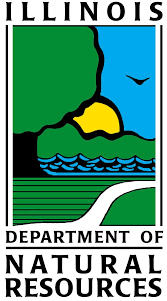 IDNR revises waterfowl zone
IDNR revises waterfowl zone
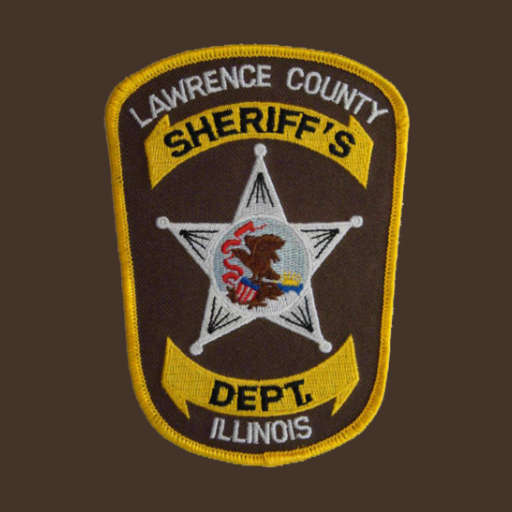 Two Lawrence County men charged
Two Lawrence County men charged
 2026 Miss Illinois County Fair Pageant coming in January
2026 Miss Illinois County Fair Pageant coming in January
 Unit #20 Board hears about heat and new athletic facility proposal
Unit #20 Board hears about heat and new athletic facility proposal
 Indiana's state parks offer New Years Day events
Indiana's state parks offer New Years Day events
 Parkview hosts annual school spelling bee
Parkview hosts annual school spelling bee
 GSH receives accreditation
GSH receives accreditation
 Crawford County man charged with sex crimes
Crawford County man charged with sex crimes
 Voter registration underway in Lawrence County
Voter registration underway in Lawrence County
 DNR receives regional award for project on former mine land near Pleasantville
DNR receives regional award for project on former mine land near Pleasantville
 Unit #10 Board hosts project open house
Unit #10 Board hosts project open house
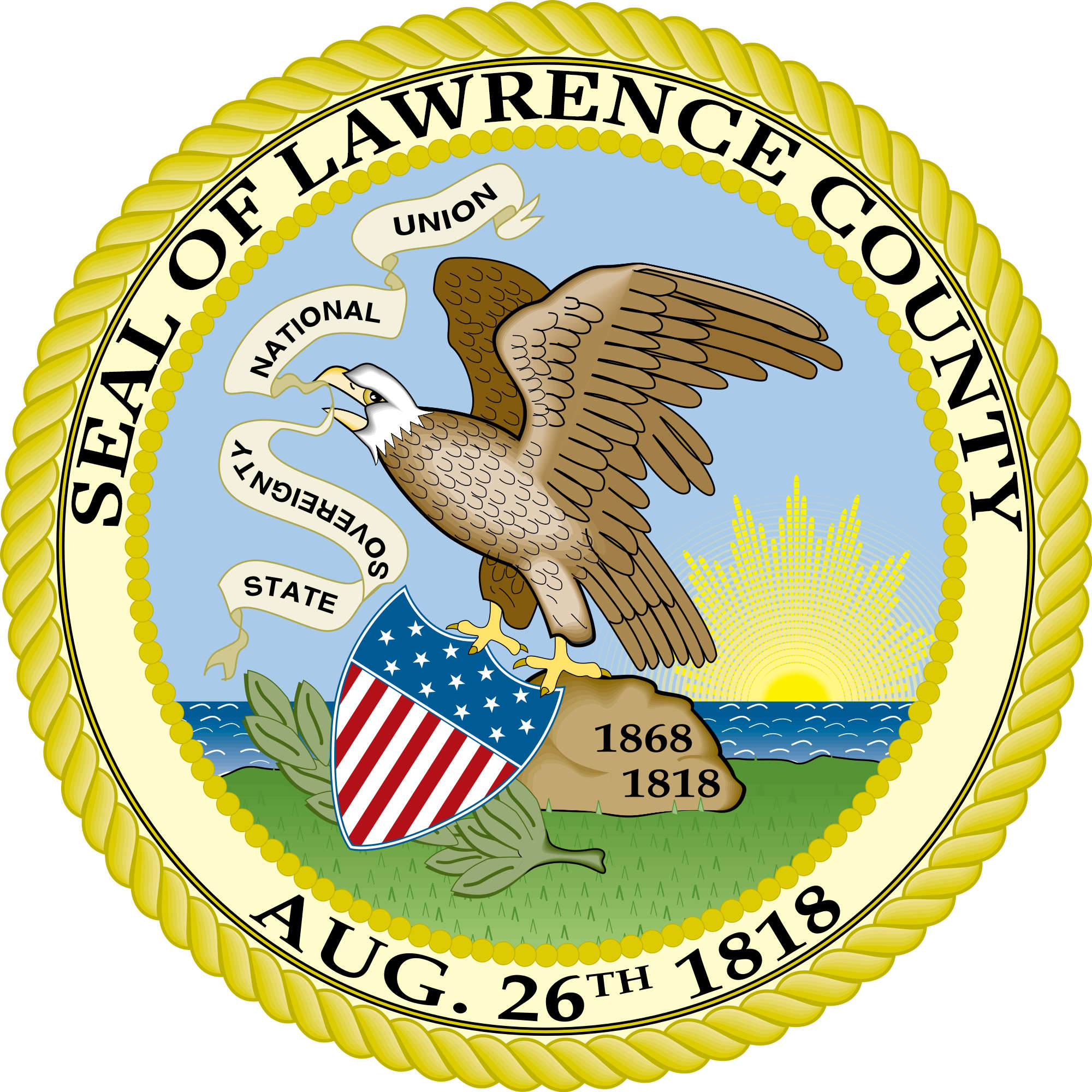 County to assist in Sumner street improvements
County to assist in Sumner street improvements
 BMV announces Christmas and New Year's Day holiday hours
BMV announces Christmas and New Year's Day holiday hours
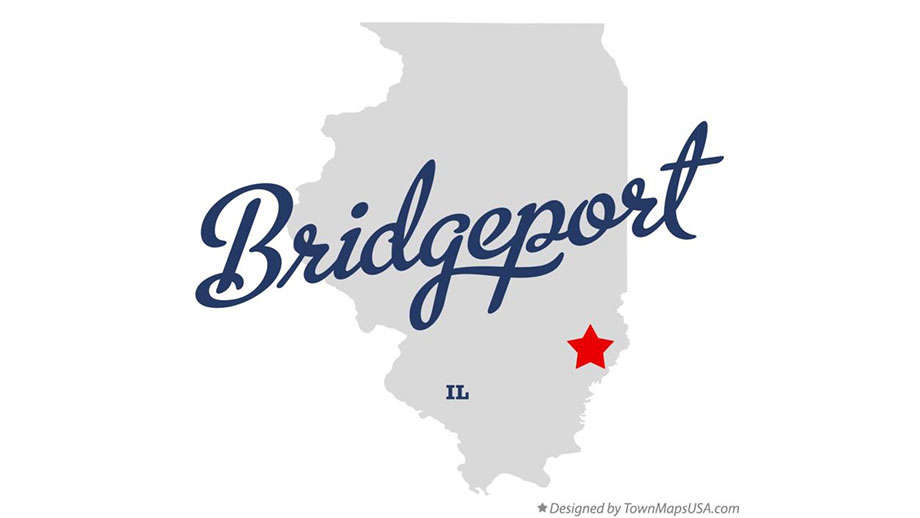 Bridgeport boil order lifted
Bridgeport boil order lifted
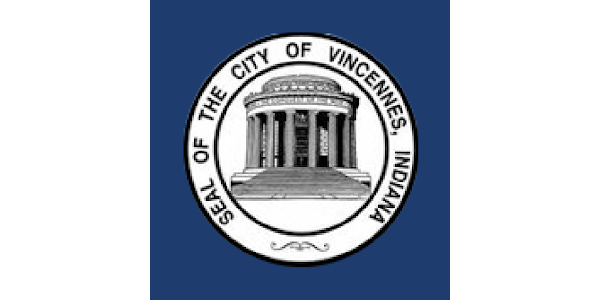 Gregg Park project to move forward
Gregg Park project to move forward
 St. Francisville hires water engineer
St. Francisville hires water engineer


